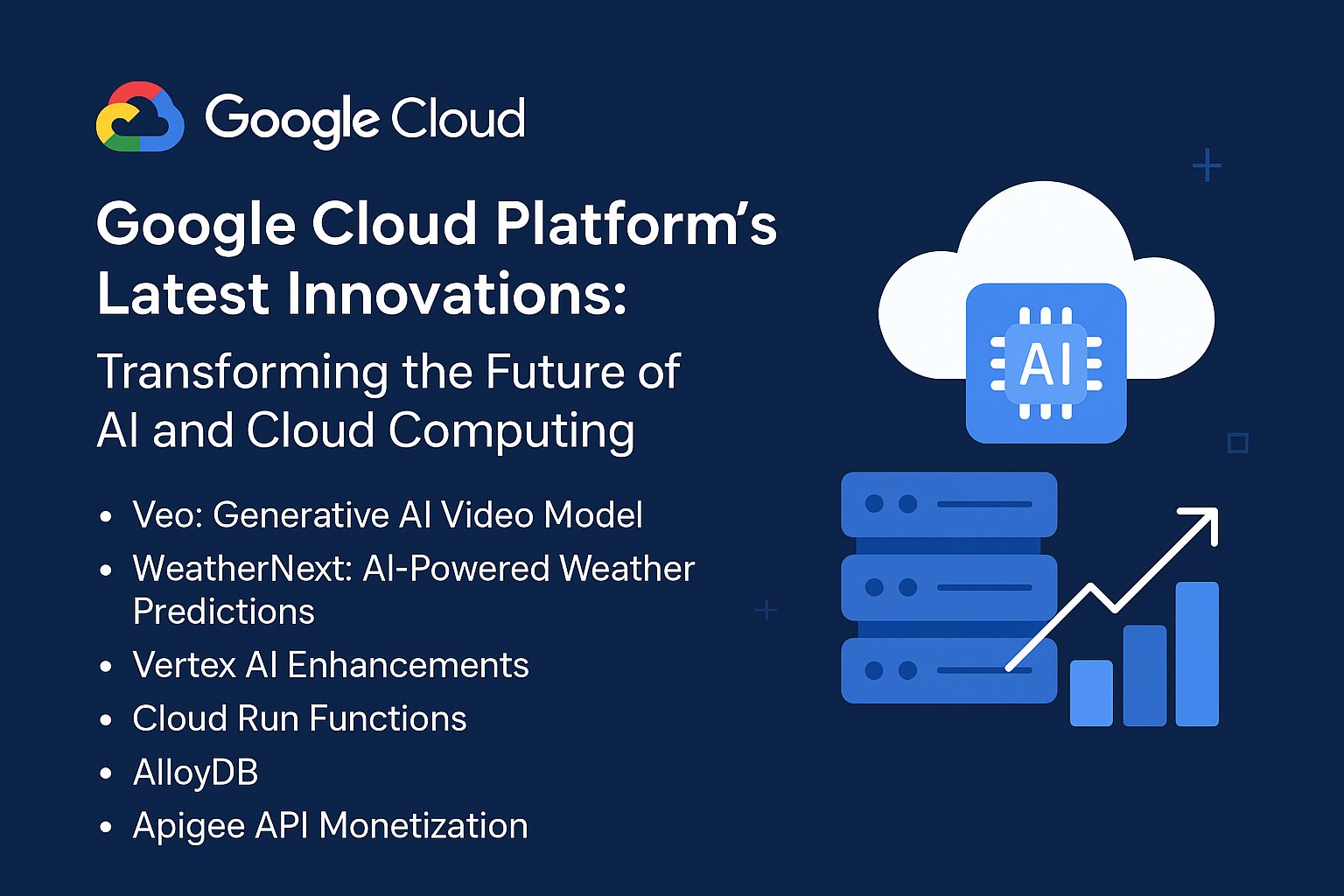Table of Contents:
- Introduction to AI and Big Data
- Understanding Artificial Intelligence (AI)
- The Role of Big Data in Modern Work Environments
- Automation and Job Displacement
- The Rise of AI-Driven Automation
- How Big Data Influences Job Roles and Job Market Shifts
- New Job Opportunities and Skill Development
- Emergence of AI and Data-Science Roles
- The Need for Reskilling and Upskilling
- AI and Big Data in Decision-Making
- Enhanced Data-Driven Decisions in Organizations
- AI-Assisted Business Intelligence and Analytics
- Personalized Employee Experience
- AI for Personalized Learning and Development
- Big Data’s Role in Employee Engagement and Retention
- The Ethics of AI and Big Data in the Workplace
- Privacy Concerns and Data Security
- Ethical Implications of AI and Automation
- AI and Big Data in Remote and Hybrid Work
- How AI and Data Shape Remote Work Dynamics
- The Role of Analytics in Hybrid Work Models
- The Future: AI, Big Data, and Human Collaboration
- Humans and AI Working Together
- The Evolution of AI-Augmented Workforce Models
1. Introduction to AI and Big Data
- Understanding Artificial Intelligence (AI): AI refers to the simulation of human intelligence in machines, which enables them to perform tasks like learning, reasoning, problem-solving, and perception. It is used in many industries, such as healthcare, finance, and manufacturing.
- The Role of Big Data in Modern Work Environments: Big data involves processing vast amounts of data that are too complex for traditional data-processing software. Big data technologies help businesses extract meaningful insights to improve decision-making and operational efficiency.
Resources:
2. Automation and Job Displacement
- The Rise of AI-Driven Automation: AI-powered automation technologies like robotic process automation (RPA) are taking over repetitive tasks, particularly in sectors like manufacturing, logistics, and customer service. This leads to significant cost reductions and improved efficiency.
- How Big Data Influences Job Roles and Job Market Shifts: With AI automation, roles in data entry and basic analytics may diminish, but new roles in data science and AI model management are emerging. Big data enables businesses to make predictive decisions, influencing workforce demand patterns.
Resources:
3. New Job Opportunities and Skill Development
- Emergence of AI and Data-Science Roles: New job opportunities in machine learning engineering, data science, and AI development are proliferating. These roles require skills in coding, statistics, and understanding of AI algorithms.
- The Need for Reskilling and Upskilling: To keep up with technological advances, workers need to reskill in areas like programming, AI model training, and big data analytics. Education and training programs focusing on these areas are in high demand.
Resources:
4. AI and Big Data in Decision-Making
- Enhanced Data-Driven Decisions in Organizations: AI algorithms can analyze large datasets and provide predictive insights for better business decisions. This allows organizations to act on real-time data, improving performance, marketing strategies, and operational efficiencies.
- AI-Assisted Business Intelligence and Analytics: Business intelligence (BI) tools powered by AI can process vast amounts of data to uncover trends, forecasting outcomes, and supporting strategic decisions.
Resources:
5. Personalized Employee Experience
- AI for Personalized Learning and Development: AI-driven learning platforms offer personalized courses based on employees’ skill levels, improving training efficiency and employee satisfaction.
- Big Data’s Role in Employee Engagement and Retention: Companies use big data to understand employee sentiment and engagement, providing more tailored benefits, work environments, and career growth paths to improve retention.
Resources:
6. The Ethics of AI and Big Data in the Workplace
- Privacy Concerns and Data Security: The collection and analysis of employee data raise privacy concerns. Companies must balance utilizing data for productivity insights with protecting personal information.
- Ethical Implications of AI and Automation: AI raises questions around bias in decision-making algorithms, transparency, and the displacement of workers. Companies need to ensure fairness, accountability, and ethical considerations when deploying AI.
Resources:
7. AI and Big Data in Remote and Hybrid Work
- How AI and Data Shape Remote Work Dynamics: AI tools are enhancing collaboration in remote work, offering real-time insights, task automation, and improving communication and coordination among teams.
- The Role of Analytics in Hybrid Work Models: With hybrid work models, companies are using analytics to monitor employee productivity, optimize schedules, and ensure a seamless transition between in-office and remote work environments.
Resources:
8. The Future: AI, Big Data, and Human Collaboration
- Humans and AI Working Together: AI is not just about replacing jobs; it’s also about augmenting human capabilities. Collaborative robots (cobots) and AI-powered systems can support human workers in high-skill areas like healthcare, engineering, and customer service.
- The Evolution of AI-Augmented Workforce Models: As AI continues to evolve, it will create new work models where AI augments human decision-making, problem-solving, and creativity, leading to more efficient and innovative workplaces.
Resources:

